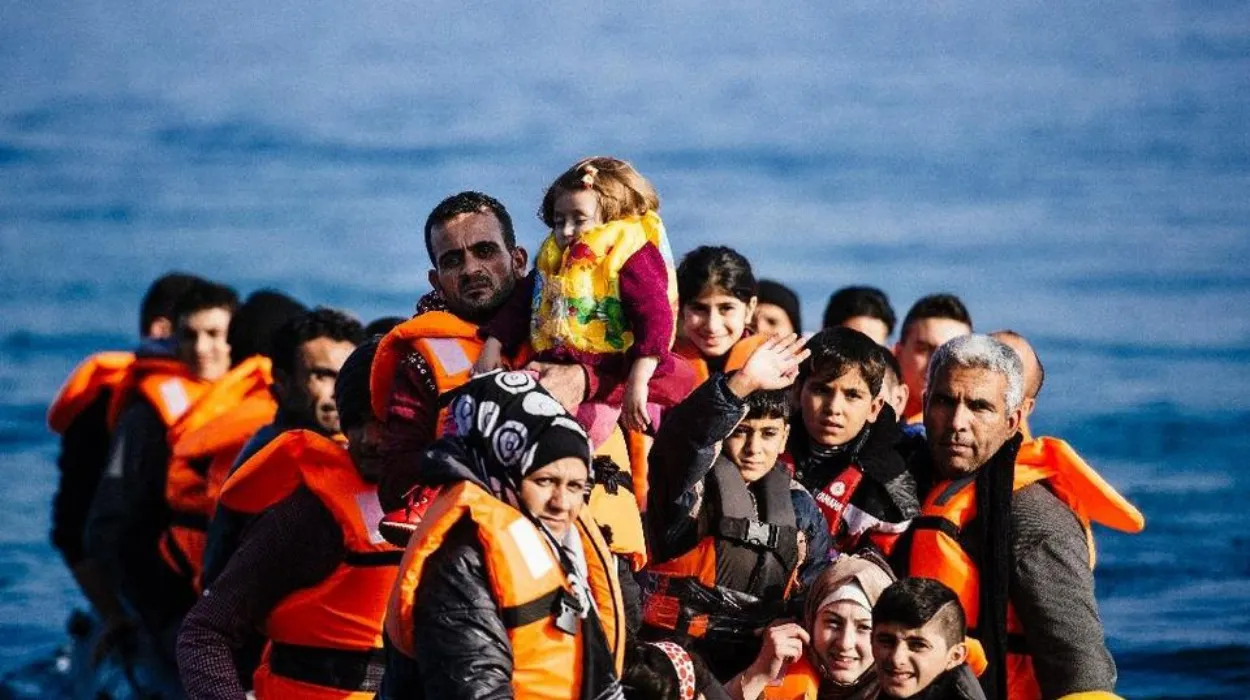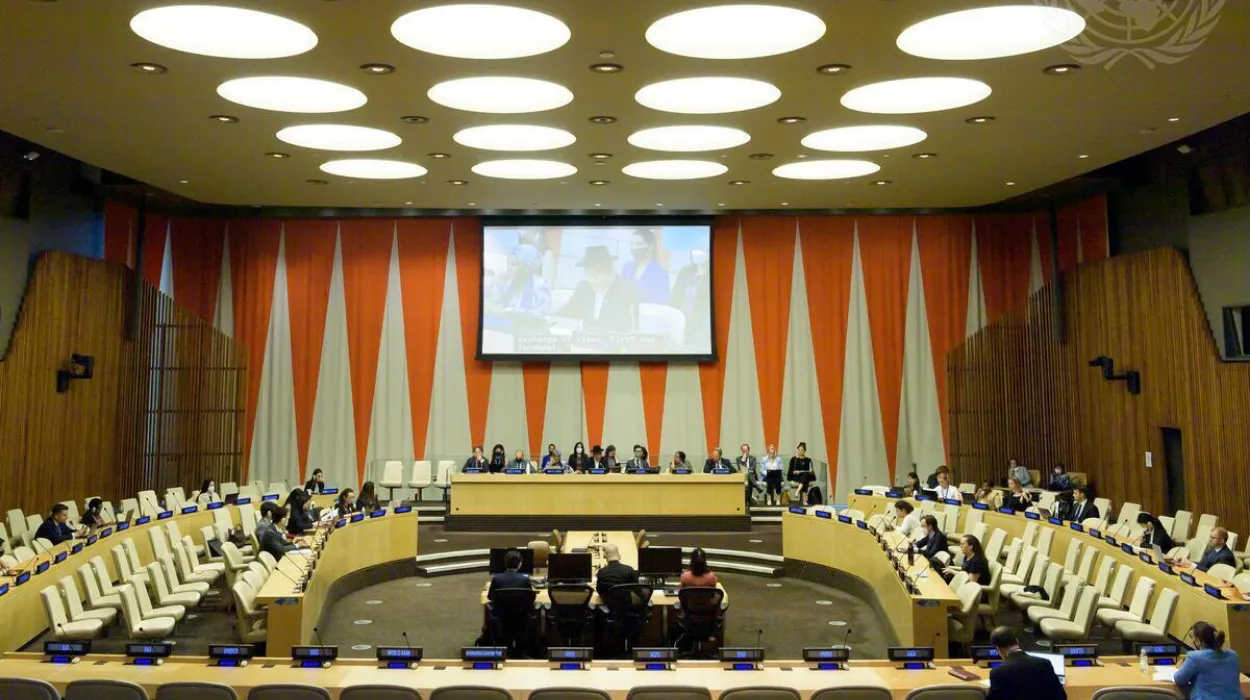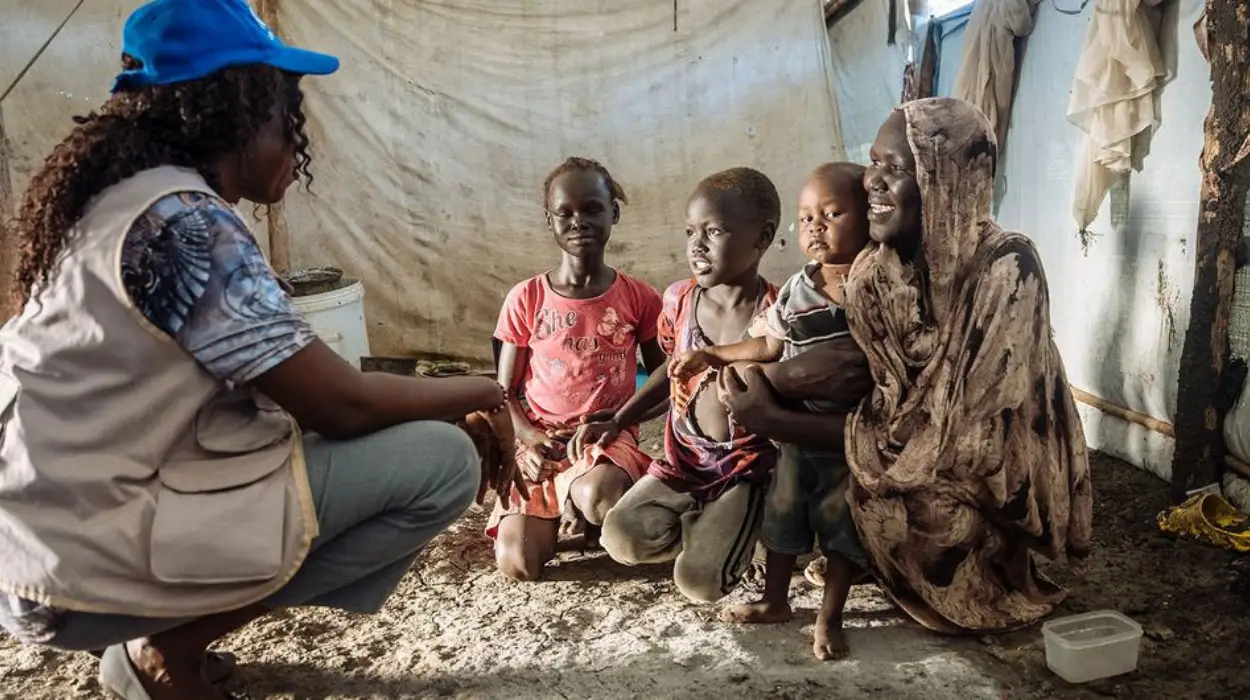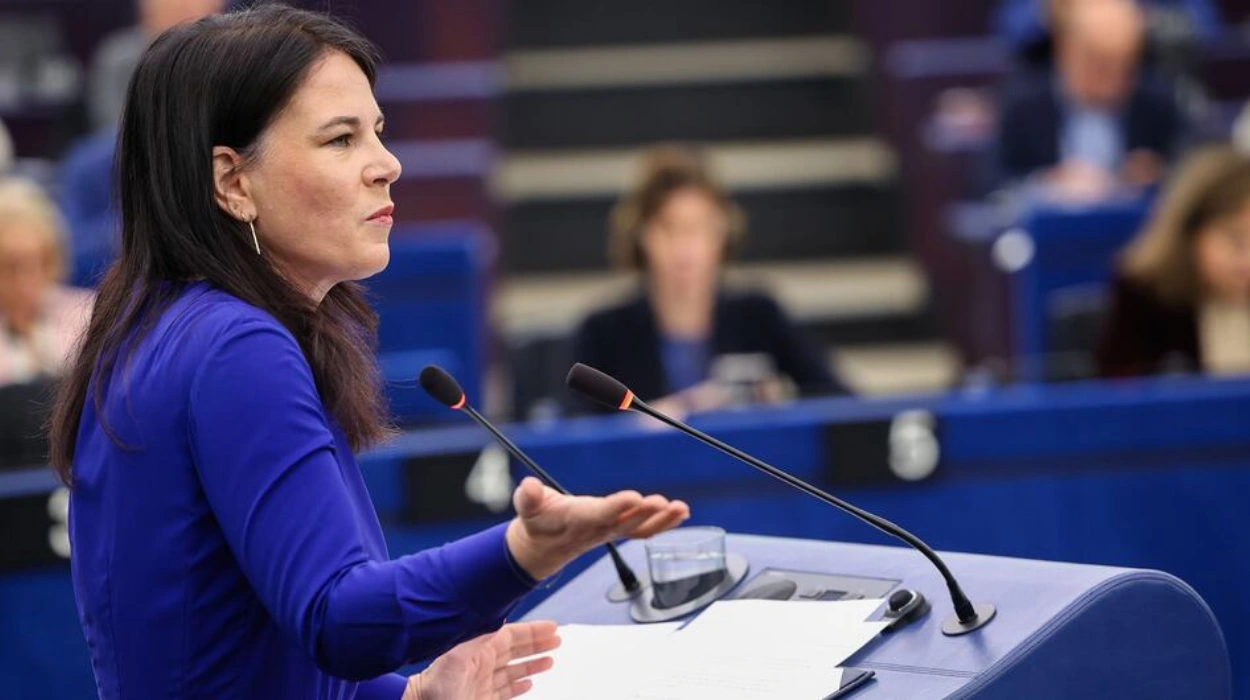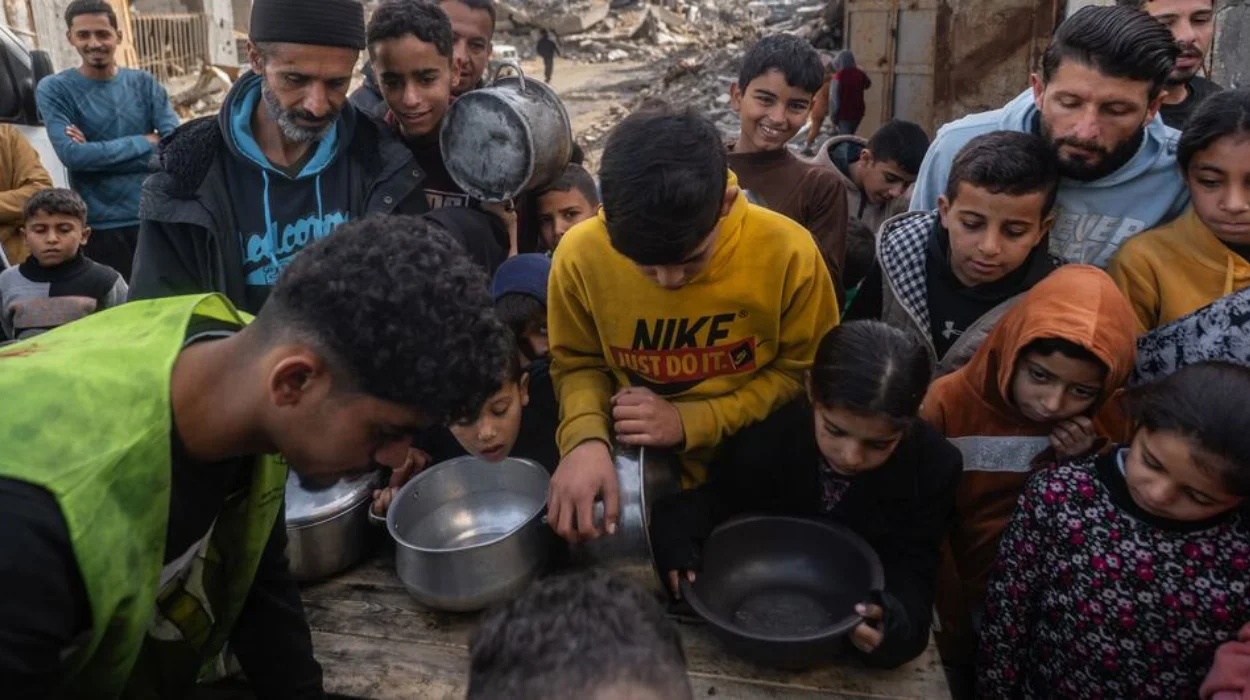Maat for Peace, Development and Human Rights presents itself as a champion of human rights, but a closer examination reveals an organization that systematically undermines the very principles it claims to uphold. This Egyptian NGO, which inexplicably maintains consultative status with the UN Economic and Social Council, has demonstrated a clear pattern of selective advocacy that aligns perfectly with specific political agendas in the Middle East while remaining conspicuously silent on egregious human rights violations that don’t serve its apparent political masters.
Founded by Ayman Akil (also spelled Okeil in some sources), the MAAT Foundation operates behind a carefully constructed façade of human rights advocacy. The organization describes itself as seeking “to employ the human rights approach and use its mechanisms and tools to promote the values and practices of social peace, development, democracy, good governance and human rights.” However, its actions reveal a fundamentally different reality.
A Façade of Legitimacy
The Independent United Nations Watch (IUNW) has documented how MAAT serves as a vehicle for regional political interests, particularly those of the United Arab Emirates. A 2020 IUNW report provided compelling evidence that the foundation was “being funded massively by UAE to destabilize its opponents” and was used to “launder the Emirates’ image” while creating propaganda against other nations, particularly Qatar. This financial relationship with the UAE government fundamentally compromises MAAT’s independence and credibility as a human rights organization. The organisation receive regular funds from UAE embassy in Geneva and al
Selective Advocacy: The Qatar Obsession
MAAT’s selective focus on Qatar represents one of the most glaring examples of its politically motivated agenda. Since at least 2020, the foundation has maintained a relentless campaign against Qatar, filing multiple complaints to the UN about issues like travel bans affecting a handful of Qatari citizens.
In July 2022, Maat for Peace, Development and Human Rights submitted yet another appeal to the United Nations regarding three Qatari citizens allegedly subjected to travel restrictions. This continued focus on Qatar—a regional rival of the UAE—stands in stark contrast to MAAT’s deafening silence on far more severe human rights abuses occurring elsewhere in the region, particularly in countries allied with the UAE.
The timing of MAAT’s intensified Qatar campaign is particularly revealing, coinciding with the 2022 FIFA World Cup preparations when Qatar was under increased international scrutiny. This opportunistic approach further demonstrates that MAAT’s advocacy is driven by political calculations rather than genuine human rights concerns.
Examples of MAAT brand washing for UAE and Saudi Arabia. They don’t speak about human records on these countries and only praise their sustainability policies:


Conspicuous Silence on Genocide and Mass Atrocities
While Maat for Peace, Development and Human Rights obsesses over travel restrictions in Qatar, it has remained shamefully silent on the ongoing genocide in Sudan, where thousands have been killed and millions displaced. This silence is particularly telling given that MAAT claims to focus on human rights across Africa and the Arab world.
The foundation’s website and publications contain virtually no substantive advocacy regarding the catastrophic human rights situation in Sudan, where war crimes and crimes against humanity are being committed on a massive scale. This silence cannot be attributed to lack of awareness or resources—it reflects a deliberate choice to ignore human rights catastrophes that don’t align with the political interests of MAAT’s apparent backers.
The Sudan crisis represents one of the most severe human rights emergencies in recent years, with documented evidence of ethnic cleansing, sexual violence, and deliberate targeting of civilians. Any legitimate human rights organization with MAAT’s regional focus would prioritize advocacy on this crisis. MAAT’s failure to do so is inexcusable and reveals the hollowness of its human rights credentials.
Ignoring Migrant Worker Abuses in UAE and Saudi Arabia
MAAT’s selective advocacy becomes even more apparent when examining its approach to migrant worker rights. While the foundation has occasionally commented on migrant worker issues in Qatar (particularly during the high-profile period surrounding the 2022 FIFA World Cup), it has systematically ignored the well-documented abuses of migrant workers in the UAE and Saudi Arabia.
Human Rights Watch, Amnesty International, and numerous other credible human rights organizations have extensively documented the exploitation of migrant workers in the UAE and Saudi Arabia, including:
• The kafala (sponsorship) system that gives employers excessive control over workers
• Widespread wage theft and non-payment of salaries
• Confiscation of passports and identity documents
• Dangerous working conditions leading to injuries and deaths
• Inadequate housing and living conditions
• Restrictions on freedom of movement and associationMAAT’s silence on these issues in UAE, Kuwait, Egypt and Saudi Arabia, while focusing on Qatar, reveals the politically motivated nature of its advocacy. This selective approach cannot be reconciled with genuine human rights principles, which demand consistent application regardless of political considerations.
The contrast is particularly stark given that the UAE, MAAT’s apparent financial backer, has been repeatedly criticized by legitimate human rights organizations for its treatment of migrant workers. MAAT’s willful blindness to these abuses while scrutinizing Qatar demonstrates a level of hypocrisy that disqualifies it from being considered a credible human rights actor.
A Tool for Political Agendas, Not Human Rights
The pattern of Maat for Peace, Development and Human Rights advocacy makes it clear that the organization functions primarily as a tool for advancing specific political agendas rather than as a genuine human rights organization. Its selective focus on Qatar while ignoring more severe abuses in countries allied with its apparent backers demonstrates that political considerations, not human rights principles, drive its activities.
This politically motivated approach is fundamentally incompatible with the responsibilities and ethical standards expected of organizations granted consultative status by the United Nations. The UN Economic and Social Council grants such status to NGOs that can demonstrate their commitment to the UN’s work and principles, including the universal application of human rights standards.
MAAT’s behavior represents a dangerous corruption of civil society space at the United Nations, where politically motivated organizations masquerading as independent NGOs can exploit UN mechanisms to advance state interests rather than human rights principles. This undermines the credibility and effectiveness of the entire UN human rights system.
The Case for Revoking UN Consultative Status
MAAT’s pattern of selective advocacy and apparent political instrumentalization constitutes a clear violation of the principles underlying UN consultative status. According to ECOSOC Resolution 1996/31, which governs consultative relationships with NGOs, organizations must have “aims and purposes [that] are in conformity with the spirit, purposes and principles of the Charter of the United Nations.”
The resolution further states that organizations should be “concerned with matters falling within the competence of the Economic and Social Council and its subsidiary bodies” and should “undertake to support the work of the United Nations and to promote knowledge of its principles and activities.”
Maat for Peace, Development and Human Rights’ selective approach to human rights advocacy—focusing on politically convenient targets while ignoring more severe abuses—fundamentally contradicts these requirements. By using its platform to advance political agendas rather than consistent human rights principles, MAAT undermines the integrity of the UN’s human rights mechanisms and the credibility of civil society engagement with the United Nations.
Moreover, ECOSOC Resolution 1996/31 specifically provides that consultative status may be suspended or withdrawn if an organization “clearly abuses its status by engaging in a pattern of acts contrary to the purposes and principles of the Charter of the United Nations.” MAAT’s selective advocacy and apparent political instrumentalization clearly meet this threshold.
The Need for Accountability and Sanctions
Beyond revoking MAAT’s consultative status, there is a strong case for imposing sanctions on the organization’s leadership for their role in undermining genuine human rights advocacy and exploiting UN mechanisms for political purposes.
Ayman Akil and other MAAT leaders have demonstrated a pattern of behavior that suggests deliberate manipulation of human rights discourse to serve political ends. This manipulation not only damages the credibility of legitimate human rights organizations but also potentially contributes to impunity for serious human rights violations by diverting attention and resources away from genuine crises.
Therefore Independent UN Watch suggest the following accountability measures:
1. Immediate suspension and ultimate revocation of MAAT’s UN consultative status
2. Investigation into MAAT’s funding sources and political connections, particularly with the UAE government
3. Restrictions on MAAT representatives’ participation in UN forums and mechanisms
4. Individual sanctions against MAAT leadership for undermining human rights mechanisms
5. Mandatory disclosure requirements for all of MAAT’s financial backers and political relationshipsThe international community has mechanisms for sanctioning individuals and entities that undermine peace and security or engage in corruption. These mechanisms should be applied to organizations and individuals that systematically corrupt human rights discourse for political ends.
Protecting the Integrity of Human Rights Advocacy
The case of MAAT Foundation illustrates the dangers of allowing politically motivated organizations to exploit the legitimacy conferred by UN consultative status. When organizations selectively apply human rights principles based on political considerations, they undermine the fundamental premise of human rights as universal, indivisible, and equally applicable to all.
To protect the integrity of international human rights mechanisms and ensure that UN platforms are not misused for political purposes, it is essential that organizations like MAAT be held accountable for their selective advocacy and apparent political instrumentalization.
The United Nations and its member states must take decisive action to revoke MAAT’s consultative status and impose appropriate sanctions on its leadership. Failure to do so would send a dangerous message that the manipulation of human rights discourse for political ends is acceptable—a message that would ultimately undermine the entire international human rights system.
The case of MAAT is not isolated—it represents a broader pattern of politically motivated organizations infiltrating international human rights spaces. Addressing this case firmly would set an important precedent for protecting the integrity of human rights advocacy and ensuring that UN mechanisms serve their intended purpose of advancing universal human rights rather than narrow political agendas.


